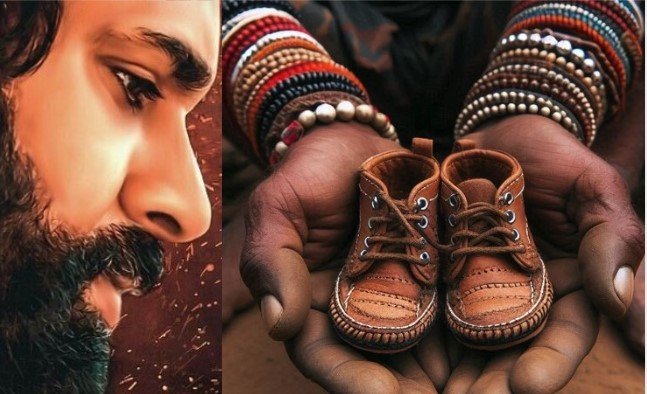Hyderabad: In a heartfelt gesture that redefined dignity, Andhra Pradesh Deputy Chief Minister Pawan Kalyan extended a small gift, but that made a big difference in the lives of barefoot tribes. He visited Pedapadu, an Adivasi village in Dumbriguda Mandal of Alluri Sitarama Raju district, as part of the Adivi Thalli Baata initiative.
It was a simple yet profound moment, when an elderly woman, Paangi Miththu, walked barefoot to greet him, that inspired an immediate response. Recognizing the hardships faced by the tribal community, Kalyan swiftly directed officials to conduct a survey to determine the villagers’ footwear needs.
Just days later, 345 pairs of footwear were distributed. While this gesture brought smiles and comfort to the residents of Pedapadu, the act raises an important question: Why should such an initiative not be a recurring, government-backed program? Across Andhra Pradesh, particularly in tribal villages nestled deep in the hills, basic necessities remain out of reach.
Villages in Karumanakonda, Chintoor Mandal, and those scattered along the interstate borders with Odisha and Chhattisgarh struggle against isolation and underdevelopment. For many tribal communities, walking barefoot over rugged terrain is a daily reality.
In these remote areas, where villages, especially hill top habitations such as Tekuloddi are located seven to eight kilometers up in the hills, something as simple as a sturdy pair of slippers can make a significant difference. A state-sponsored footwear distribution program could ensure that every woman, every elder, and every child in these villages walks with dignity and comfort.
Pawan Kalyan’s spontaneous act of kindness has set an example, perhaps one that could inspire a larger movement. Providing footwear every six months or annually could be a government-supported initiative, addressing both immediate needs and long-term development.
After all, ensuring basic dignity should not be an isolated gesture but a sustained effort toward equity and inclusion.
